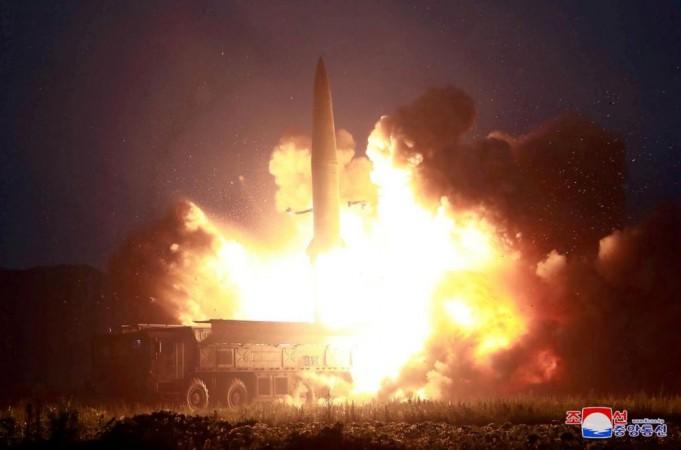South Korean defence procurement agency has approved plans to develop an artillery interception system in line with Israel's Iron Dome. The objective of this $2.6-billion artillery interception system is to protect the South Korean cities against North Korea's arsenal of long-range guns and rockets.
Last month, the South Korean government had announced that it would spend this amount on research and development of this new system. Further, the country has plans to fully deploy the system by 2035.
Why such a massive defence system?
Both countries have built up significant military presences on both sides of the Military Demarcation Line, which runs along the 38th parallel, since the armistice that ended the Korean War in 1953. Along the Military Demarcation Line that divides the Korean Peninsula, North Korea has deployed around 1,000 artillery pieces.
Multiple 240-millimetre rocket launchers, most of which are directly pointed at South Korea's capital Seoul and bigger metropolitan regions, are home to almost half of the country's population, according to South Korean estimates. North Korea is at the centre of security implications for South Korea. Moreover, South Korea is also surrounded by other countries like China, Russia and Japan with enough security implications.

How different from Israel's Iron Dome system
According to South Korea's defence ministry, the country's version of the Iron Dome will be substantially different from Israel's and will also be far more expensive. There are also operational differences between the two systems, the most notable of which is that South Korea's system will be built to intercept long-range artillery projectiles.
But, more crucially, analysts believe that South Korea and Israel face distinct security risks that necessitate distinct responses. In both circumstances, there is a huge difference between the belligerents. While Israel has to deal with Hamas, which is largely a militant organisation, South Korea has to deal with North Korea, which has its own military capabilities.

Israel's system is suited to the country's geography, which includes the desert, as well as threats such as non-state actors firing rockets. South Korea, on the other hand, has a diverse geography, with mountainous terrain and traditional governmental actors as dangers. As a result, South Korea will create its own weapon system that is tailored to its location and surroundings.











